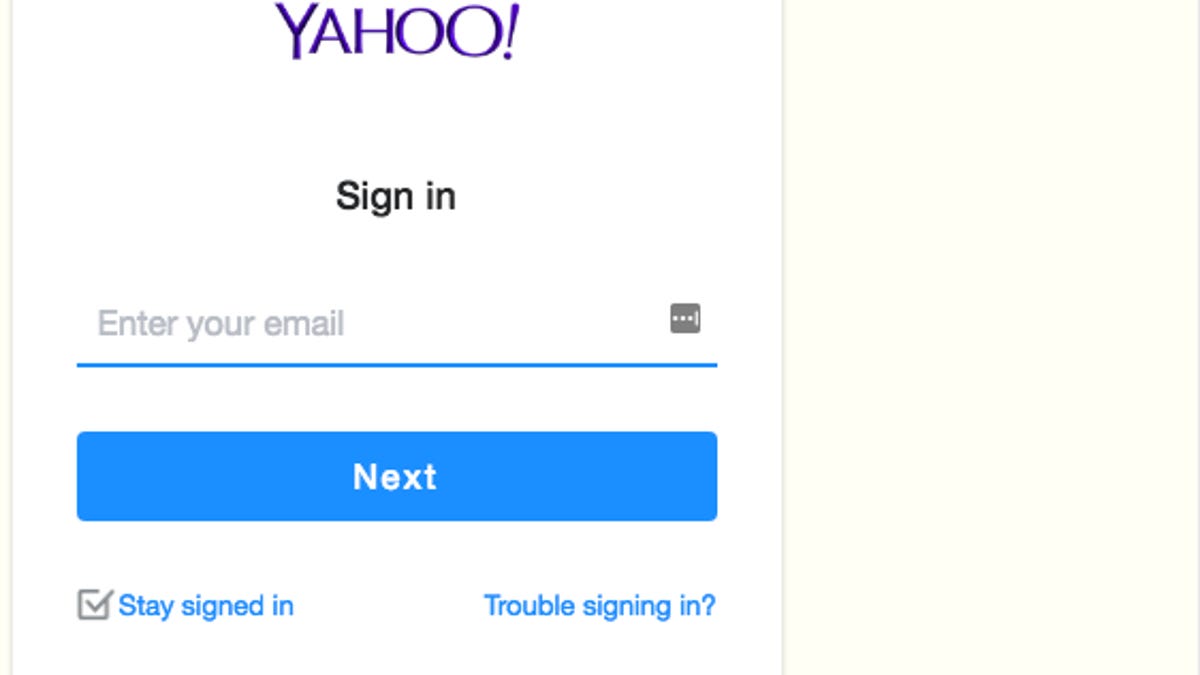Yahoo Mail scans your inbox for receipts, but its competitors don't
It uses the information to put users in interest groups, The Wall Street Journal reports.

Oath is scanning Yahoo mail for your receipts and other commercial emails, according to the Wall Street Journal.
If you use your Yahoo email account for online shopping, listen up.
Oath, the Verizon-owned company that runs Yahoo's web properties, is scanning your inbox for commercial emails, according to a report Tuesday from The Wall Street Journal. Verizon bought Yahoo last year.
The emails would appear to include order confirmations and other such messages from online retailers. Oath uses the information to put you into interest groups and then help advertisers show you ads based on those interests, the Journal reported.
The practice isn't new for Yahoo, and users noticed that Oath gave itself the right to read your emails in its updated privacy policy in April. What makes it remarkable now is that Oath is marketing this ability to advertisers at a time when competitors in email don't do the same thing.
In 2017, Google said it would no longer scan users' consumer email accounts for advertising purposes. Microsoft said it's never done so, and it even famously called out Google in 2013 for the practice in an ad warning email users not to get "Scroogled." (That doesn't mean the companies aren't scanning your email for other purposes, like blocking viruses.)
In response to a request for comment, Oath directed CNET to its privacy policies, privacy dashboard and a website detailing the policies of all its properties, including Tumblr, Yahoo, HuffPost and AOL.
The scanning isn't done by people, according to the Journal's report. Instead, Oath uses algorithms to identify commercial emails and scan them for keywords that could tell the company something relevant about your purchasing habits. The company lets users opt out targeted ads based on email scanning.

